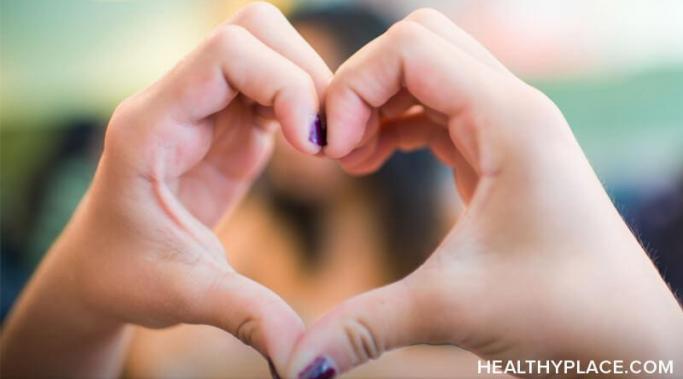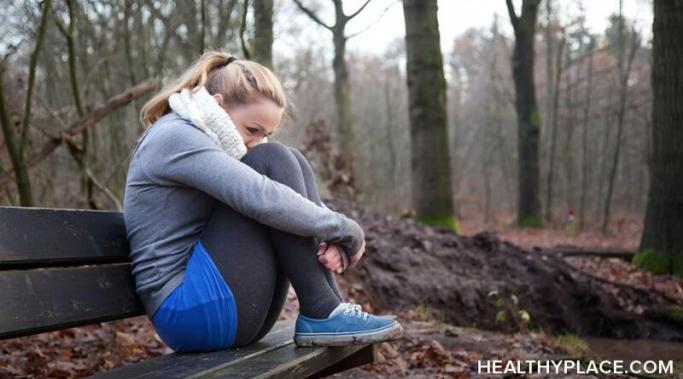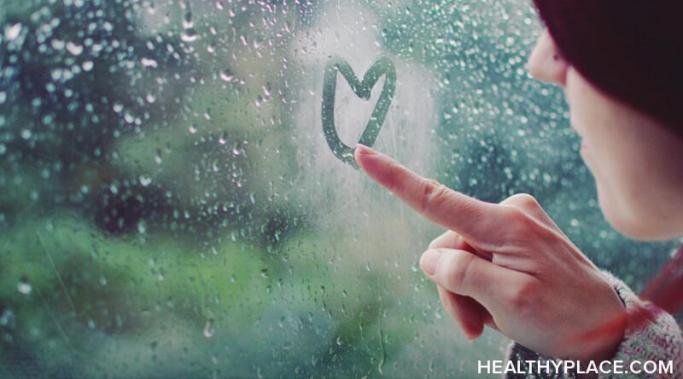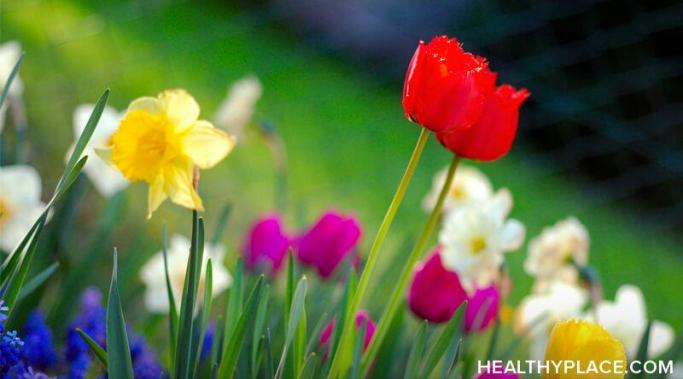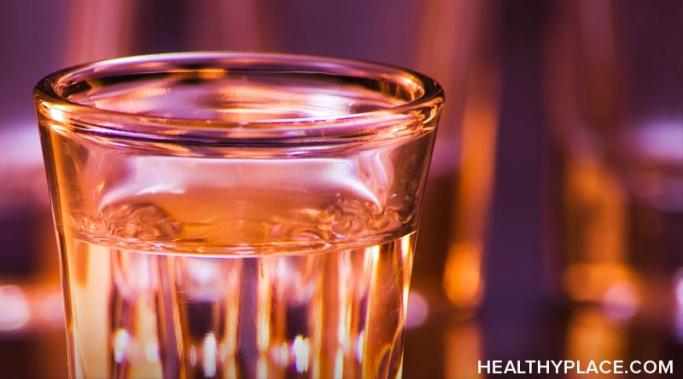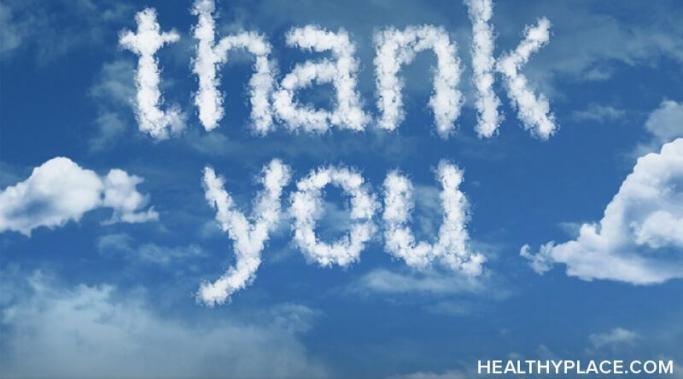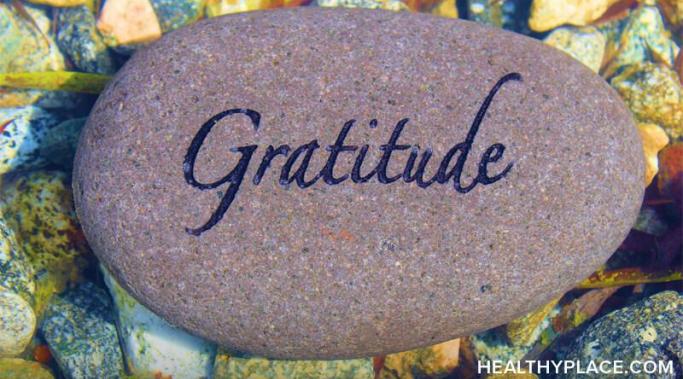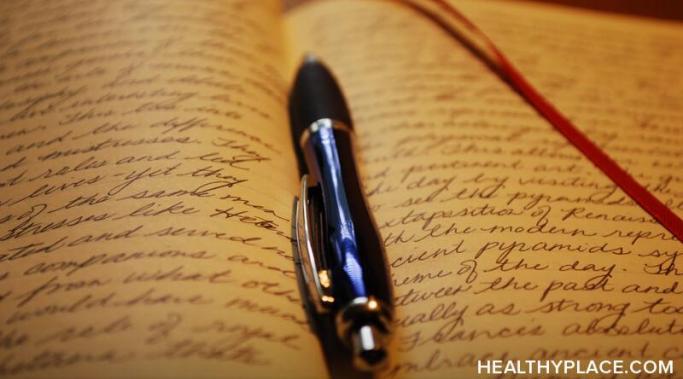For most people practicing an alcohol-free lifestyle, there will eventually be an alcohol-centered party or event worth attending. Concerts, weddings, and holiday gatherings can be tricky, but not impossible, to navigate as a sober person. One thing that has helped me stay alcohol-free on a boozy night out is to redefine success.
Addiction Recovery
According to Dr. Gabor Mate, underneath all addictive behaviors lies a deep, unresolved trauma wound.[1] One thing that helped me start releasing the shame I carry for struggling with addiction was learning about the two types of trauma: "big T" and "little t" trauma. Big T trauma is related to an acute, severe event like sexual assault or going to war. While little t trauma accumulates over time in response to things like active shooter drills or a childhood steeped in diet culture.[2] These two types of trauma are important to understand.
Over time, I learned that Alcoholics Anonymous (AA) wasn't for me. To say my initial response to the concept of AA meetings was poor would be an understatement. I recall being in my first rehab, joining the chorus of naysayers with some choice words. However, this would all change when I could no longer keep telling myself I was in control of my drinking.
Two weeks ago, I embarked on a massive life change in sobriety. Moving away from the town where I got sober to begin a new chapter flipped my world upside down. I had to face my fear of change and part ways with the people, places, and things that kept me grounded for three years. My comfort zone was demolished, forcing me to start afresh.
Someone recently asked me what fun things I have planned for the summer. Surprisingly, that felt like a loaded, triggering question. As a sober person who doesn't have a driver's license or disposable income, I get jealous and resentful when people talk about their vacation plans. The fear of missing out (FOMO) surfaces, and I feel excluded from that version of fun.
One of the most challenging parts of being in recovery for alcohol use disorder (AUD) is dealing with society's normalization of alcohol, a deadly drug. Alcohol is everywhere. Some days, triggering situations come at me more quickly than I can process them. Some days, I want to crawl into bed, pull the covers over my head, and stay there forever because that feels like the only safe place in this alcohol-obsessed culture.
Writing has always been a healthy outlet for me to process and express my feelings. I have been writing since I was a young girl, and it has helped me through some of the darkest periods in my life. Throughout my time writing for HealthyPlace, I have had some incredible personal breakthroughs and have been able to connect with many others who battle similar demons. However, my path has taken me in a different direction, and I am saying a final goodbye to my readers within the "Debunking Addiction" blog.
While drinking has been a part of the majority of my life, so have anxiety and depression. I went from sneaking alcohol on the weekends to week-long binge drinking benders. It was a cycle that progressively got worse, and the more I drank, the worse I felt. I would have pity parties and drown in my sorrows and regrets without realizing how damaging this cycle had become. Eventually, the crippling anxiety and symptoms of depression felt so unbearable that I was desperate to try something new. When I decided to start working on healing myself through journaling, therapy, meditation, reading self-help books, etc., I began feeling so grateful for my path and my life. I want to share this to help others in addiction recovery shift their perspective from self-hatred and sadness to gratitude and abundance.
Although I am not a fan of claiming labels as an identity, I have noticed the more I use the term "anxiety," the more people seem to relate to me. But I have had to separate the concept of being anxious versus feeling anxious. I used to say, "I have anxiety," making it a part of who I am. Since starting my journey to enlightenment, I have learned that anxiety is not something that I am. It is something that I feel.
I want you to try a self-reflection journaling exercise because it can be so easy to blame, judge, and criticize yourself for dealing with an addiction or substance use disorder. After all, addiction is a highly stigmatized mental health issue that many people misunderstand. But rather than speaking to yourself poorly, try to view your journey as a beautiful work in progress. Remember, there is no better version of you than the one that exists right now. Today, I want you to celebrate yourself and how far you have come in your addiction recovery journey.
